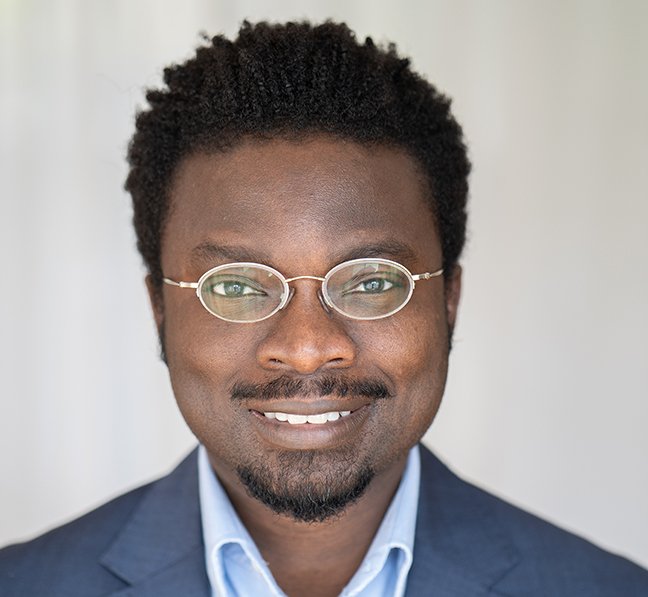Professor Richmond Sarpong
Professor Richmond Sarpong
Department of Chemistry
University of California, Berkeley
Host: Professor Thomas Hoye
Break-it-to-Make-it Strategies for Chemical Synthesis Inspired by Complex Natural Products
Natural products continue to inspire and serve as the basis of new medicines. They also provide intricate problems that expose limitations in the strategies and methods employed in chemical synthesis. Several strategies and methods that have been developed in our laboratory and applied to the syntheses of architecturally complex diterpenoid alkaloids, indole alkaloids, and several Lycopodium alkaloids, will be discussed. In addition, new ways to employ C–C bond cleavage in synthesis will be presented (i.e., break-it-to-make-it strategies).

Professor Sarpong
Richmond Sarpong is a professor of chemistry at the University of California, Berkeley, where he and his group specializes in synthetic organic chemistry. He became interested in chemistry after seeing, firsthand, the effectiveness of the drug ivermectin in combating river blindness during his childhood in Ghana, West Africa. He described his influences and inspirations in a TEDxBerkeley talk in 2015 (Face of Disease in Sub-Saharan Africa). Professor Sarpong completed his undergraduate studies at Macalester College in St. Paul, MN, with Professor Rebecca C. Hoye and his graduate work was carried out at Princeton. He conducted postdoctoral studies at the California Institute of Technology.
At Berkeley, Professor Sarpong’s laboratory focuses on the synthesis of bioactive complex organic molecules, with a particular focus on secondary metabolites that come from marine or terrestrial flora and fauna. These natural products continue to serve as the inspiration for new medicines. It is Sarpong’s hope that through the work in his laboratory, he and his coworkers will uncover methods and strategies for synthesis that may contribute to more efficient ways to prepare bioactive compounds that may inspire new medicines.
Jeannette Brown Lectureship
Alumna Jeannette Brown’s pioneering legacy includes being a talented chemist in the pharmaceutical industry for 25 years, author, historian, and tireless leader and advocate for the inclusion and advancement of African American women in chemistry-related professional pursuits and careers. Brown is the first African American to receive a degree from the Department of Chemistry's graduate program, earning her master's degree in 1958. She is a former faculty associate in the department of Pre-College Programs at the New Jersey Institute of Technology. For 25 years, she worked as a research chemist at Merck. She is the author of two books, "African American Women Chemists" and "African American Women Chemists in the Modern Era." She is a Société de Chimie Industrielle (American Section) Fellow of the Chemical Heritage Foundation (2004), and is a member of the first class of American Chemical Society (ACS) Fellows (2009). For her distinguished service to professionalism, she received the Henry Hill Award from the ACS Division of Professional Relations in 2020. For her work as a mentor to minority students and science education advocacy, she was elected to the Hunter College Hall of Fame in 1991; was honored by the University of Minnesota with an Outstanding Achievement Award in 2005; and received the ACS national award for Encouraging Disadvantaged Students into Careers in the Chemical Sciences in 2005.
